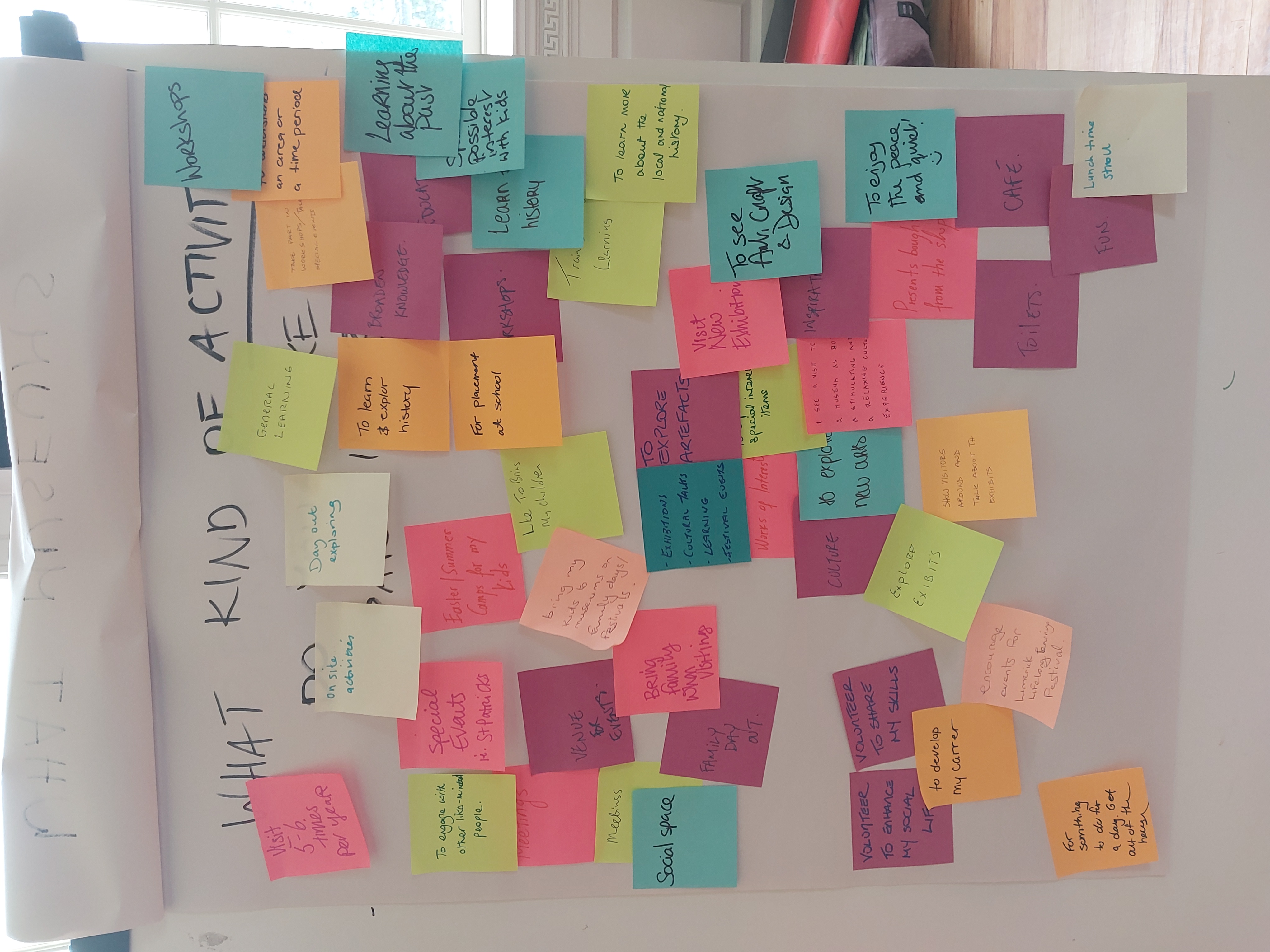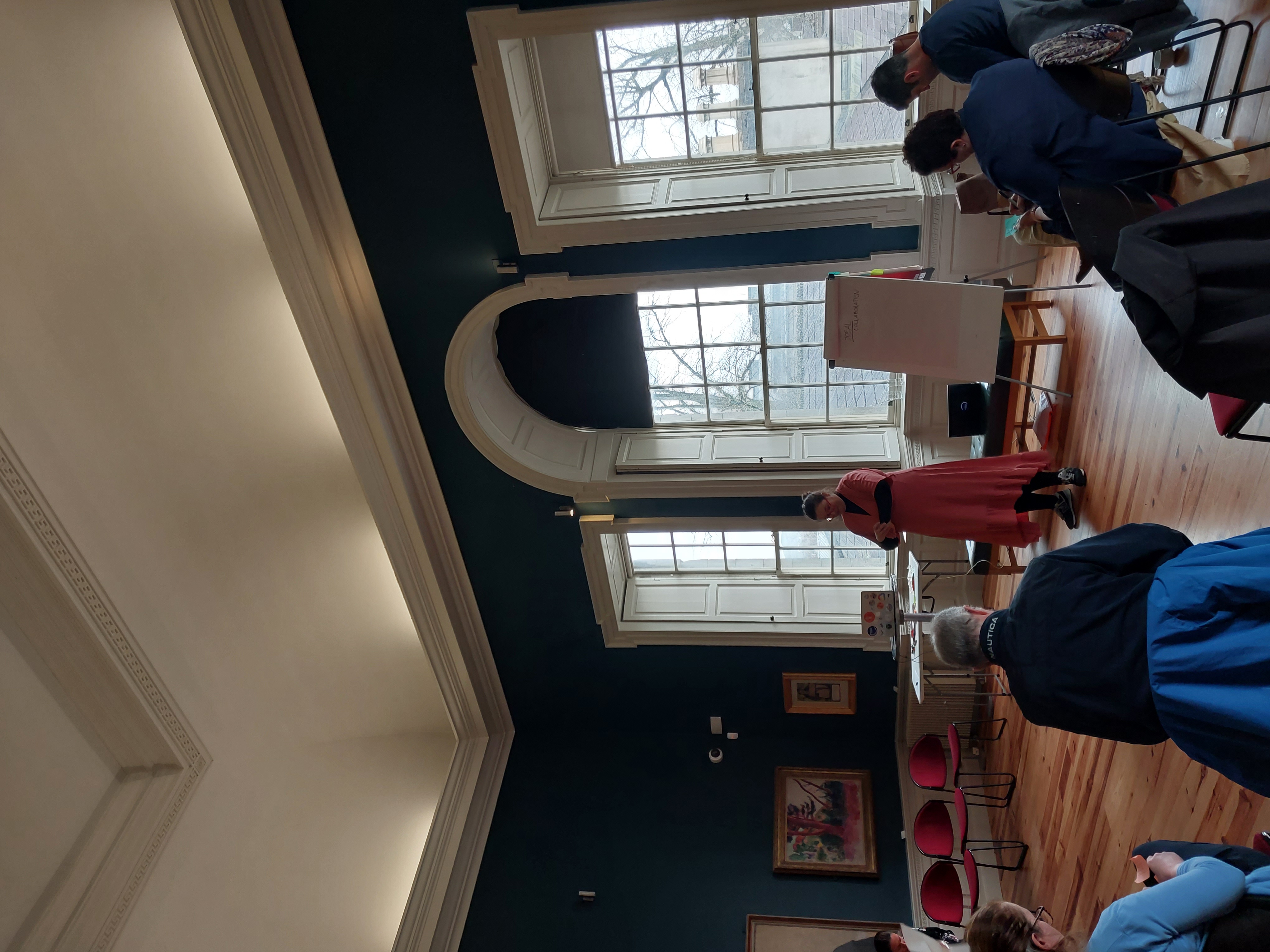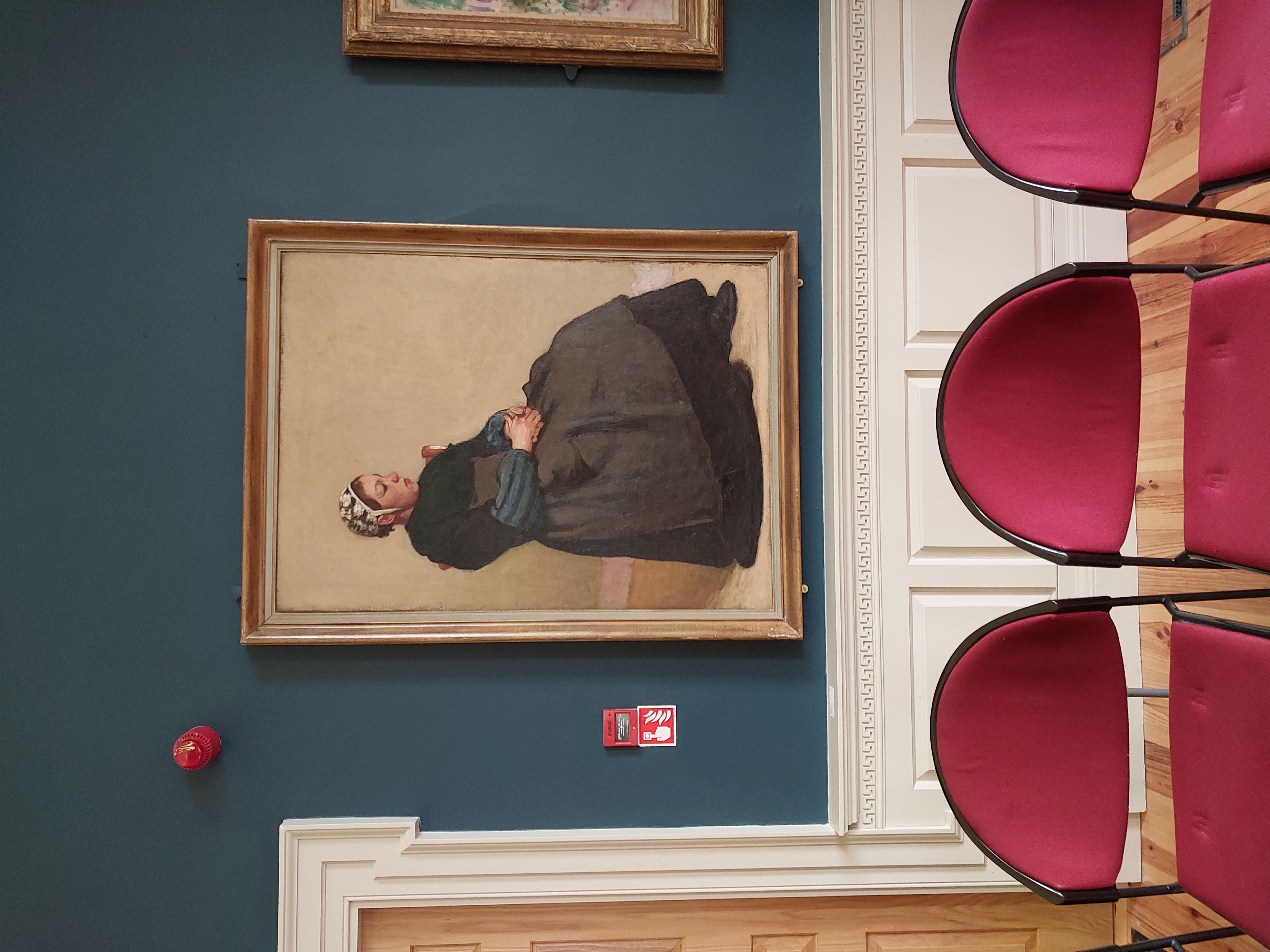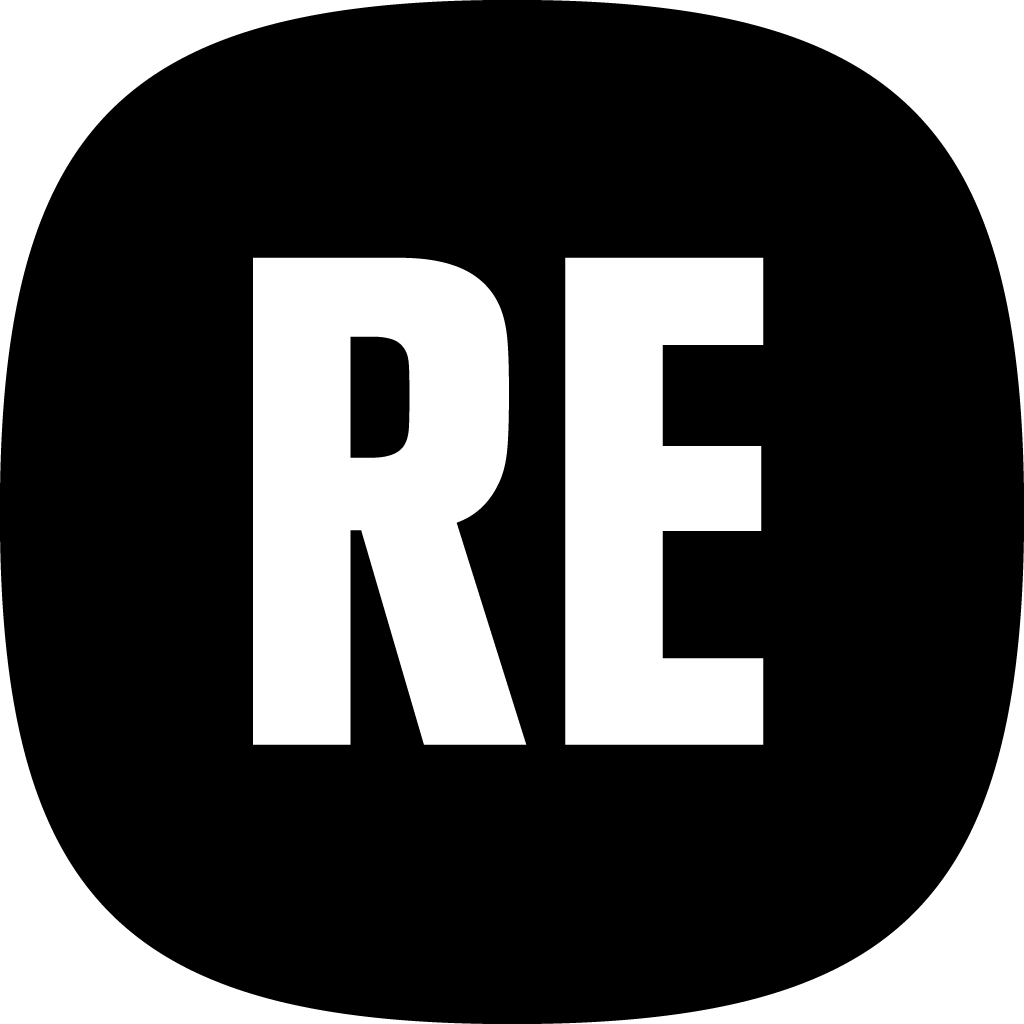RE-FOCUS: What did we find out? Interviews by Centrum Cyfrowe
At the turn of February and March 2023, Centrum Cyfrowe Foundation, in cooperation with the three Living Labs carried out 6 focus group interviews to investigate and analyse key motivations behind participatory involvement in Cultural Heritage Institutions’ activities, making a case to better understand their potential to constitute relations and partnerships with relevant stakeholders.

The RECHARGE project is vastly focused on the participatory models and as such it was our imperative to not only measure the levels of engagement of the different groups of participants, but also to do it in a participatory way. That is why we decided to focus on qualitative instead of quantitative research on the motivation for participation. The ambition was to get more personal answers, to dive into the core of the drivers behind various people’s needs.
A focus group interview is a qualitative research method that is used to gather data from a small group of people about a specific topic or issue. It is a facilitated discussion among a group of people, usually 8-12 participants, who are selected and brought together to discuss a specific topic or product.
Six target stakeholder groups were identified as essential for understanding the motivations in their involvement in CHIs' activities specifically relevant for the scope of the RECHARGE project. Three pre-selected groups were linked to the three Living Labs (with two FGIs planned for the Estonian Living Lab). Additionally, two sessions were conducted with CHIs enthusiasts and non-CHI- goers. In total, 3 focus groups were conducted in an onsite setting and 3 in an online environment between February and March 2023.

In total, we interviewed 50 participants from 6 European countries, including Belgium, Estonia, Ireland, Italy, Poland and Spain. The participants were recruited via contacts of the Living Labs and through professional European nextworks, such as Europeana and NEMO. Participants consisted of students, public administration employees, creatives, and various specialists in the fields of medicine, rehabilitation, economics, HR, IT and GLAM. As target participants they fell into the following categories: heavy users of culture, heritage geeks, knowledge producers, commercial allies, communities of interest, creatives and non-goers.
All groups were asked about their views on the role and purpose of museums and cultural institutions, as well as why they take or do not take part in CHIs activities and participatory projects, benefits of participating and what is the ideal participatory project to engage in in the future. Depending on the group of respondents there were other subtopics discussed, such as possibilities of cooperation between museum and IT professionals or creatives.
Our initial findings provide us with an overview of the reasons why people want to take part in cultural projects not only as passive recipients, but more of a part of something bigger. One of the key motivations was a personal well-being connected to both leisure and self-improvement. More on typology of target participants and motivations for participation will be made available in our report Typology of Sustainable Financing and Participatory Practices in the Cultural Heritage Sector coming in the third quarter of this year. Stay tuned!


Share